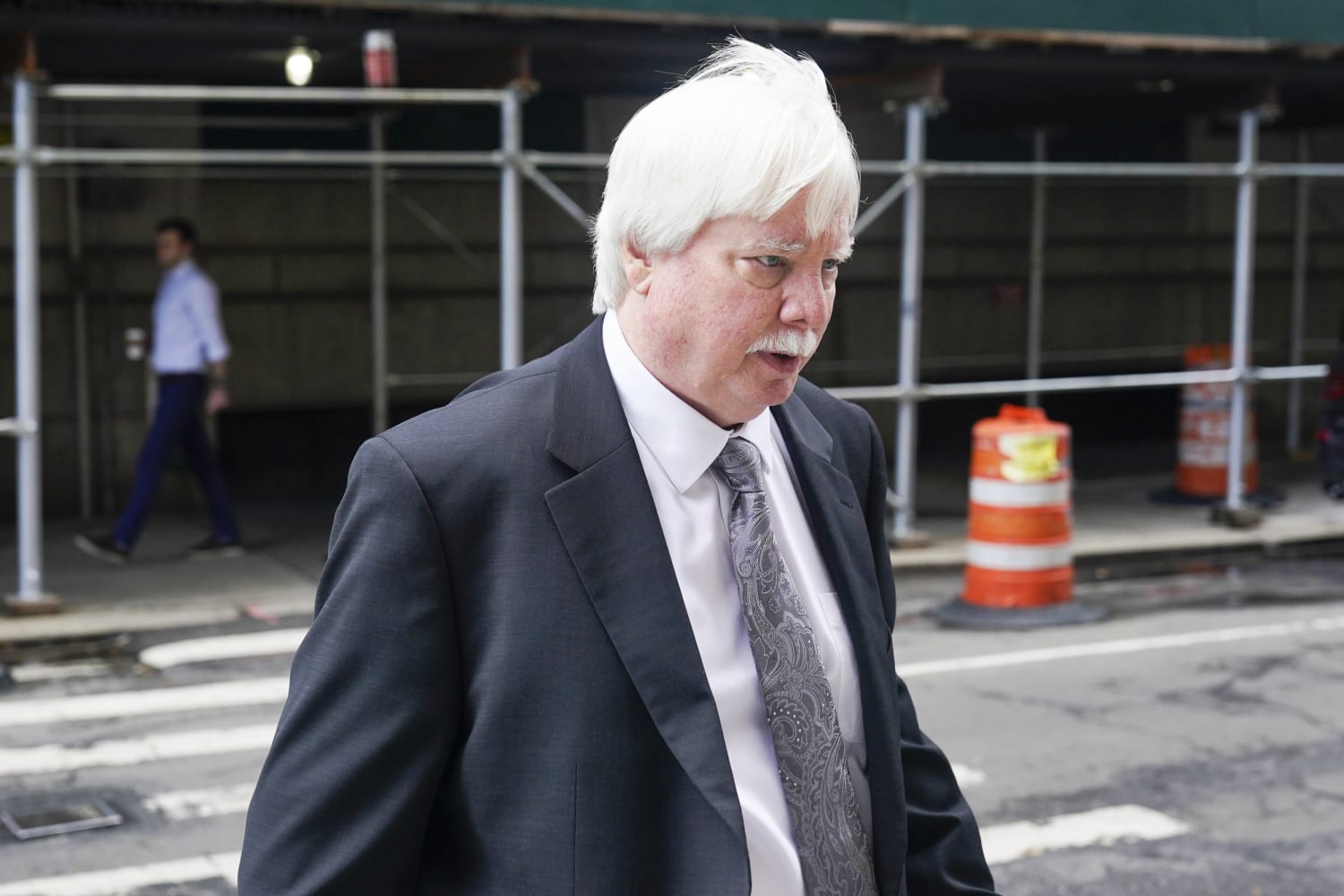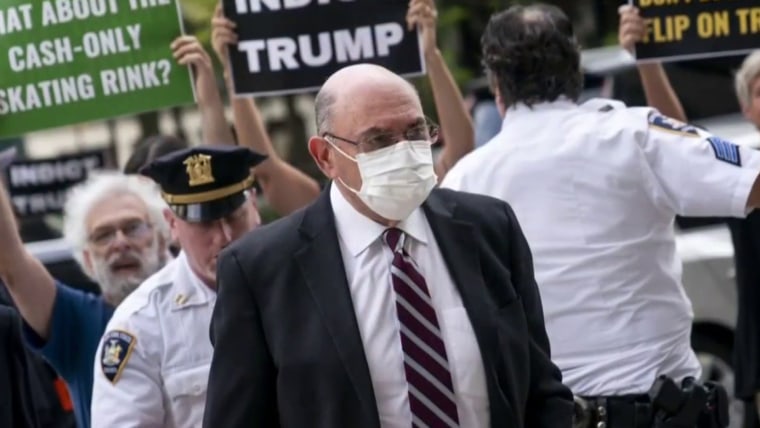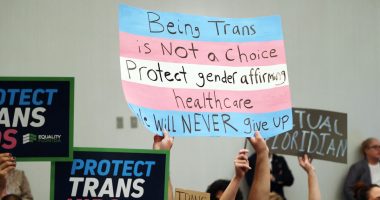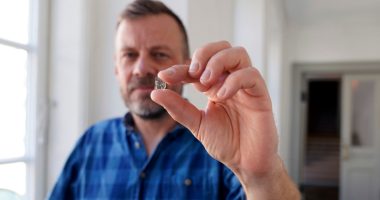The criminal trial of the Trump Organization resumed Thursday after a 10-day break with testimony from a senior vice president who described steps he and other executives would take to save themselves — and the company — money that should have gone toward taxes.
Senior Vice President Jeffrey McConney, whose positive Covid test Nov. 1 put the trial on hold a day after it started, returned to the stand to testify that he and other top Trump executives received their bonuses as “independent contractors,” even though they were full-time employees.
The designation meant the executives could make tax deductions they otherwise wouldn’t have been able to, and it allowed the company to pay less for Medicare and other taxes, said McConney, who is also the company’s controller.
Prosecutors in Manhattan charged the company with being involved in a 15-year tax fraud scheme.
McConney also testified that Allen Weisselberg, when he was the chief financial officer, and Chief Operating Officer Matthew Calamari were beneficiaries of the scheme and had the company pay for their apartments off the books to reduce their tax burden. In addition, both of the executives’ salaries were reduced by the amounts their apartments cost, McConney said.
Asked whether former President Donald Trump, who was running the business at the time, was aware of the scheme, McConney said Weisselberg told him that Trump knew about it.
Trump has denied any wrongdoing, and he and Calamari have not been charged in the case. Weisselberg, 75, pleaded guilty in August to multiple tax fraud charges.
The trial, which began Oct. 31 with McConney as the first witness, was halted the next day after he tested positive for the coronavirus. The judge presiding over the case, state Supreme Court Justice Juan Merchan, later tested positive, as well. Supreme Court is the name of New York’s top trial court.
Under questioning from prosecutor Joshua Steinglass on Thursday, McConney acknowledged he never raised any red flags about the practices and instead helped process the payments.
“Mr. McConney, did you intentionally help people try to evade their income taxes?” Steinglass asked.
“I tried to help them in any way I could, with some suggestions,” McConney replied.
He said the payments system stopped after Trump was elected president and one of his tax advisers, Sheri Dillon, reviewed the company’s business practices.
On cross-examination by Trump company lawyer Susan Necheles, McConney painted Weisselberg as the lone bad actor, calling him a “micromanager” who had to sign off on all financial decisions.
“Everything had to go through Weisselberg” regardless of the size of the transaction, McConney said.
“You were the controller and couldn’t cut a check for $100?” Necheles asked.
“Correct,” McConney said.
Weisselberg, who worked for Trump for decades and was indicted alongside the company last year, pleaded guilty to 15 felony charges in August. He has agreed to testify against the company as part of his plea deal and is expected to take the stand next week.
Source: | This article originally belongs to Nbcnews.com











